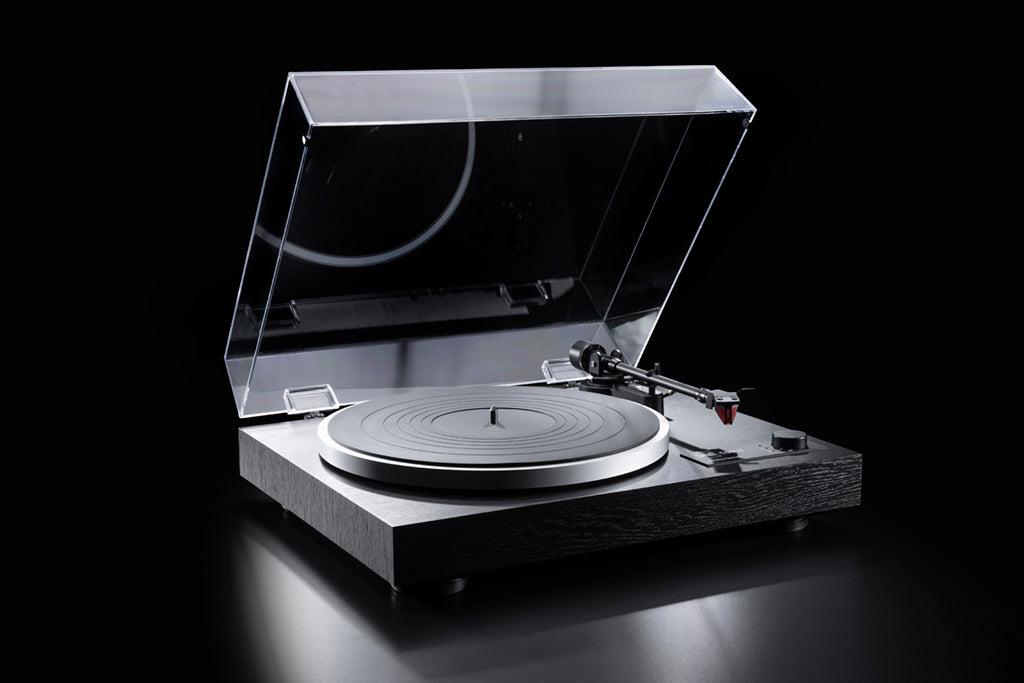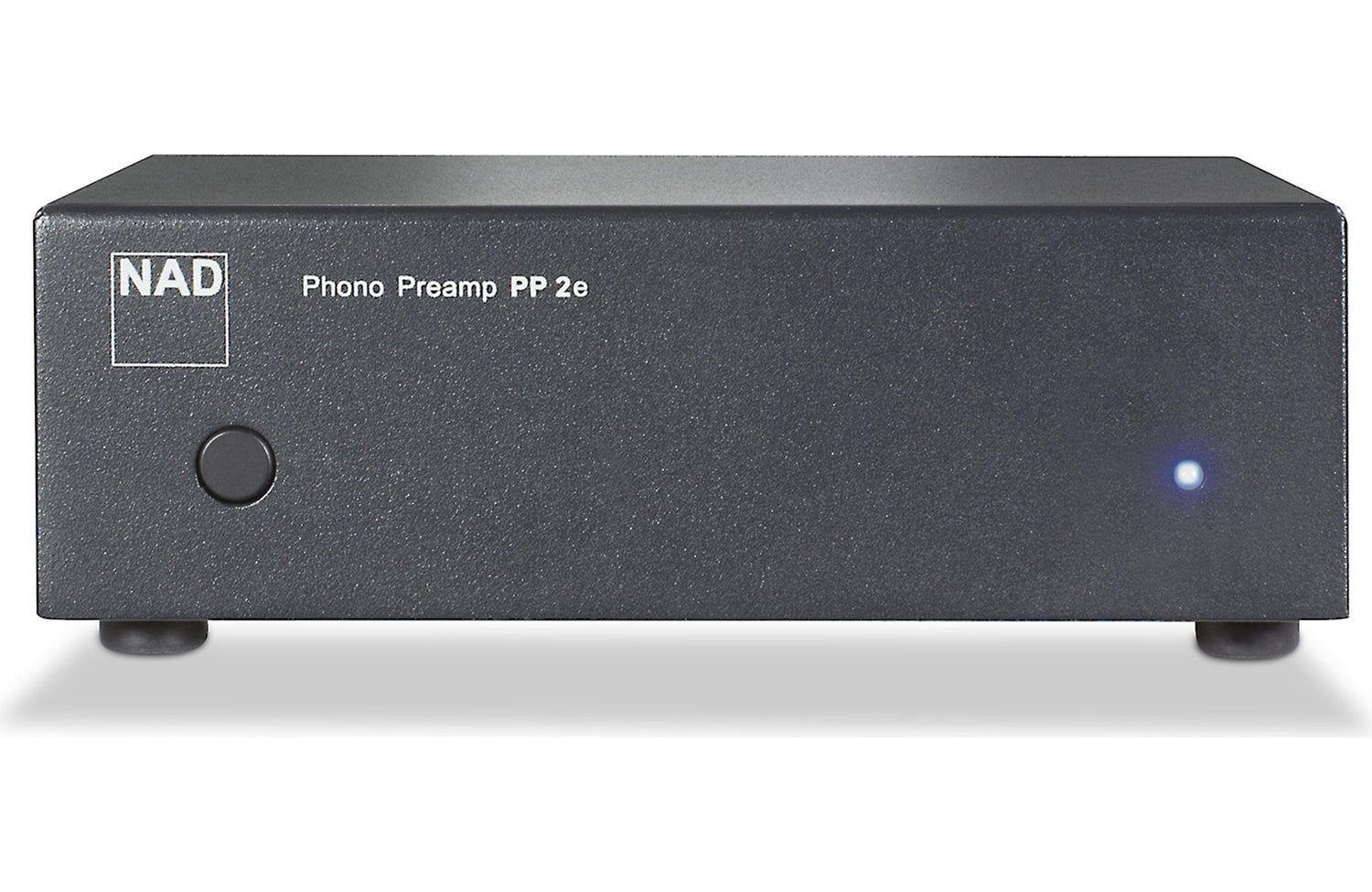
Dual CS 418 review
Back in the 1980s, Dual’s CS 505 was the budget turntable of choice. Initially coming in at £75 (around $98/AU$113), it dominated the affordable end of the market and gave thousands of music fans their first taste of high-quality record replay.
As the years passed and CD dominated, the demand for record players suffered. Dual, like most record player manufacturers, struggled, fading from view in the UK at least. The brand has gone through numerous business changes over the decades but now seems to be back and focused with a new range of turntables that aim to recapture some of that old magic.
BUILD
The belt-drive CS 418 is currently the company’s starter deck. It’s an understated design that still manages to look smart. Ortofon’s well-regarded 2M Red moving magnet cartridge is included as part of the package and is a good, sensible choice with an even balance and secure tracking ability.
Take the CS 418 out of its packaging and it impresses. It’s solidly made and finished with care. Unlike the CS 505, this one doesn’t have a sprung sub-chassis, instead, like many rivals, depending on soft elastomers on its feet to isolate the record from unwanted vibrations caused by the speakers or the support. That smart plinth is a solid piece of MDF covered in a black vinyl wrap and supports the steel shaft/brass bushing main bearing and DC motor.
The platter is a relatively chunky aluminium die-cast affair that would ring quite strongly if it weren’t for the 2.5mm-thick rubber mat that rests on it. There are cutouts in the platter to allow the flat drive belt to be positioned around the motor pulley.

On the right of the plinth is a dial to switch it on and select the rotational speed. Unusually, 78RPM is on the menu alongside the expected 33⅓ and 45 options. The position of the dial means that it’s not too hard to knock the cartridge accidentally during use, so care has to be taken.
Thoughtfully, considering this deck is aimed at those just getting into playing records, Dual has also included a built-in phono stage. There are many amplifiers on the market that don’t include one, so it’s a useful addition. It is possible to bypass the phono circuit with a flick of a switch, in case it’s not needed or you want to upgrade. Spoiler alert: owners of this deck probably should at some point.

The arm is a straightforward design with a detachable headshell. It feels nicely made, moves smoothly, and pleasingly lacks the unwanted bearing play that plagues many of the more affordable decks that pass through our test rooms. Our only slight complaint is that the arm’s lift/lower lever doesn’t share the precise feel demonstrated by the rest of the arm design, feeling a little sloppy in use.
We plug the CS 418 into a system made up of a Cambridge CXA61 amplifier and Bowers & Wilkins 607 S2 speakers, as well as our usual high-end set-up of Burmester 088/911 Mk III pre/power and ATC SCM50 speakers. As with all turntables, it makes sense to place the Dual well away from speakers and on a rigid, level and ideally low resonance support. Without such care, you won’t really hear just how capable this turntable is.
SOUND
Once up and running, which takes a matter of minutes, the CS 418 delivers a performance that puts it among the front runners at this price. It’s a clear, expressive and balanced-sounding package, and is able to dig up plenty of detail and organise it in a musically cohesive way.
As we listen to Carmina Burana, it’s hard to not be impressed by the deck's composure and ability to capture the scale and highly charged energy of the piece. The music’s savage dynamics are rendered with composure and a pleasing amount of impact while the stereo image retains a good sense of precision and focus.
The tonality of a record-playing package is always going to be dominated by the choice of cartridge, and so the Ortofon 2M Red makes its mark with a decently even-handed balance and a good dose of refinement for the money. This moving magnet cartridge is a fine all-rounder that is a cut above the norm at this level when it comes to clarity and control. It tracks securely at the recommended 1.8g.
We switch to Catch A Fire by Bob Marley and the Wailers and the CS 418 continues to impress with a surefooted way with rhythms and a fine sense of musical drive. It’s an entertaining listen – one that communicates the feel and emotion of the music well. We particularly like the way this Dual package handles the midrange, with Marley’s vocals coming through with passion and nuance intact.

While the inclusion of a phono stage is useful, we would view the one fitted here as a fair starting point rather than the endgame in a more ambitious set-up. It’s a decent performer that’s likely to be just fine with budget amplification, but move up to the likes of Cambridge’s CXA61 amplifier and you’ll find it quickly becomes a limiting factor.
VERDICT
The affordable turntable market has been dominated by the likes of Rega and Pro-Ject for years. If the rest of Dual’s range can build on the solid foundations laid by the CS 418, maybe the brand can reclaim the crown it held so securely all those years ago. Make no mistake, this is a good start.
SCORES
- Sound 5
- Build 5
- Features 5

